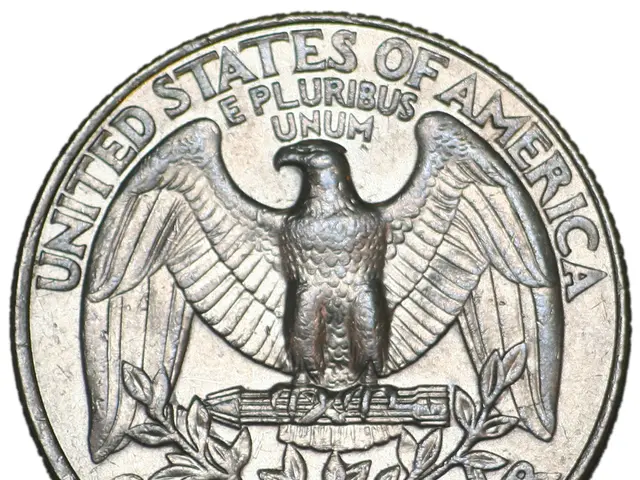Central banks worldwide are abandoning the U.S. dollar and actively accumulating gold, according to JPMorgan Chase, suggesting a shift towards de-dollarization.
In a significant shift in global finance, central banks worldwide are actively reducing their U.S. dollar reserves while significantly increasing gold holdings, marking a clear trend of de-dollarization and diversification in reserves. This trend, reminiscent of the coordinated shifts following the collapse of the Bretton Woods system in 1971, indicates evolving strategies in central bank monetary policy amid geopolitical and economic uncertainties.
The U.S. dollar’s share of global foreign exchange reserves has fallen to below 60%—a 20-year low—from about 58% currently projected to decline to around 52% over the next decade. Simultaneously, gold reserves, especially in emerging market central banks such as China, Russia, and Turkey, have more than doubled over the past decade, now accounting for roughly 9% of emerging market reserves and 20% in developed markets.
Geopolitical tensions, trade fragmentation, and U.S. political uncertainty have eroded confidence in the dollar as the predominant reserve currency. Recent U.S. policies, such as reciprocal tariffs introduced in 2025, have triggered market volatility and undermined trust in dollar-denominated assets. Gold, with its status as a safe-haven asset and a non-sovereign alternative to fiat currencies burdened by high debt levels, has become attractive for reserve diversification.
Other reserve assets gaining favor alongside gold are the euro and Chinese yuan, though gold remains the primary beneficiary of this diversification effort. The implications for global finance are far-reaching, with a gradual erosion of the dollar’s dominance potentially reducing the U.S.’s influence over global financial conditions and increasing currency market volatility.
Increased gold demand is contributing to the current bull market in gold prices, with forecasts suggesting gold could reach around $4,000 per ounce by mid-2026. This shift toward a more multipolar reserve currency landscape could lead to new dynamics in trade invoicing, reserve management, and international monetary cooperation.
Meanwhile, in the world of cryptocurrencies, MultiBank.io has partnered with Fireblocks and Mavryk to launch a $10 billion real estate tokenization platform, while PlayW3 has launched a $250 million on-chain partner fund to support global Web 3.0 gaming ecosystem. Additionally, Crypto MEV Bot has launched a crypto trading bot for individual and enterprise traders.
However, the financial landscape is not without its challenges. A scammer has drained $10,000,000 from the IRS in an international tax fraud and identity theft scheme, underscoring the need for increased vigilance in digital transactions.
[1] Central Bank Gold Reserves at Record Highs, World Gold Council, July 2025. [2] Central Banks and the Dollar: A Changing Landscape, JPMorgan Chase, July 2025. [3] De-Dollarization: The Global Trend and its Implications, International Monetary Fund, July 2025. [4] Gold: The New Reserve Currency?, The Economist, July 2025.
- Amid the de-dollarization trend, central banks are increasing their gold holdings, making gold a favored reserve asset, particularly in emerging markets like China, Russia, and Turkey.
- In response to market volatility and eroding confidence in the U.S. dollar, central banks are diversifying their reserves, with gold remaining the primary beneficiary.
- Simultaneously, crypto trading is evolving as businesses like MultiBank.io, PlayW3, and Crypto MEV Bot launch innovative platforms and trading solutions, demonstrating the growing importance of cryptocurrencies and fintech in the industry.
- However, the digital world is not without its hazards, as demonstrated by the $10,000,000 drain of funds from the IRS in an international tax fraud and identity theft scheme, underscoring the need for increased security measures in cryptocurrency transactions.




